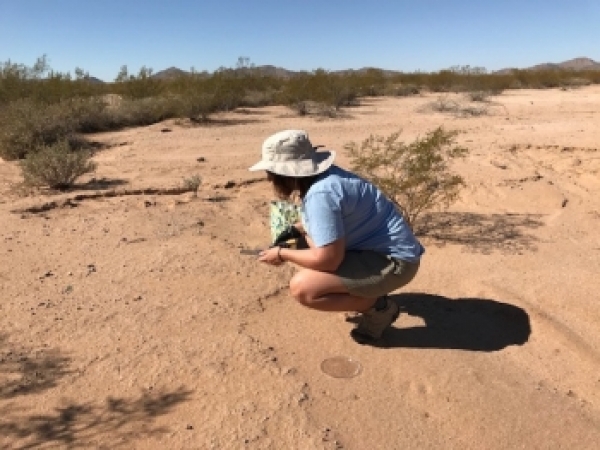For Arizona State University’s PhD recent graduate Julie Bethany Rakes, it all started as a failed experiment that ended up being an impactful discovery for the microbiology community.
Recently in Nature Communications, Rakes and Regents Professor Ferran Garcia-Pichel reported on a new bacterium that preys on soil cyanobacteria in biocrusts. In this publication, they describe the newly discovered predator’s life cycle, attack mechanism and its ecological impact.
Bacteria are everywhere and play a major role in maintaining ecological processes all around the world. For instance, in the desert soil, cyanobacteria use photosynthesis to produce energy. Similar to plants, their role in oxygen production and nitrogen fixation is key for the survival of other organisms. Cyanobacteria form communities that live on the soil’s surface forming biocrusts.
Read more at: Arizona State University
ASU PhD graduate Julie Bethany Rakes often had to wait until it rained to rush out to the field and look for the absence of cyanobacteria in circular plaques. (Photo Credit: Bethany Rakes)


